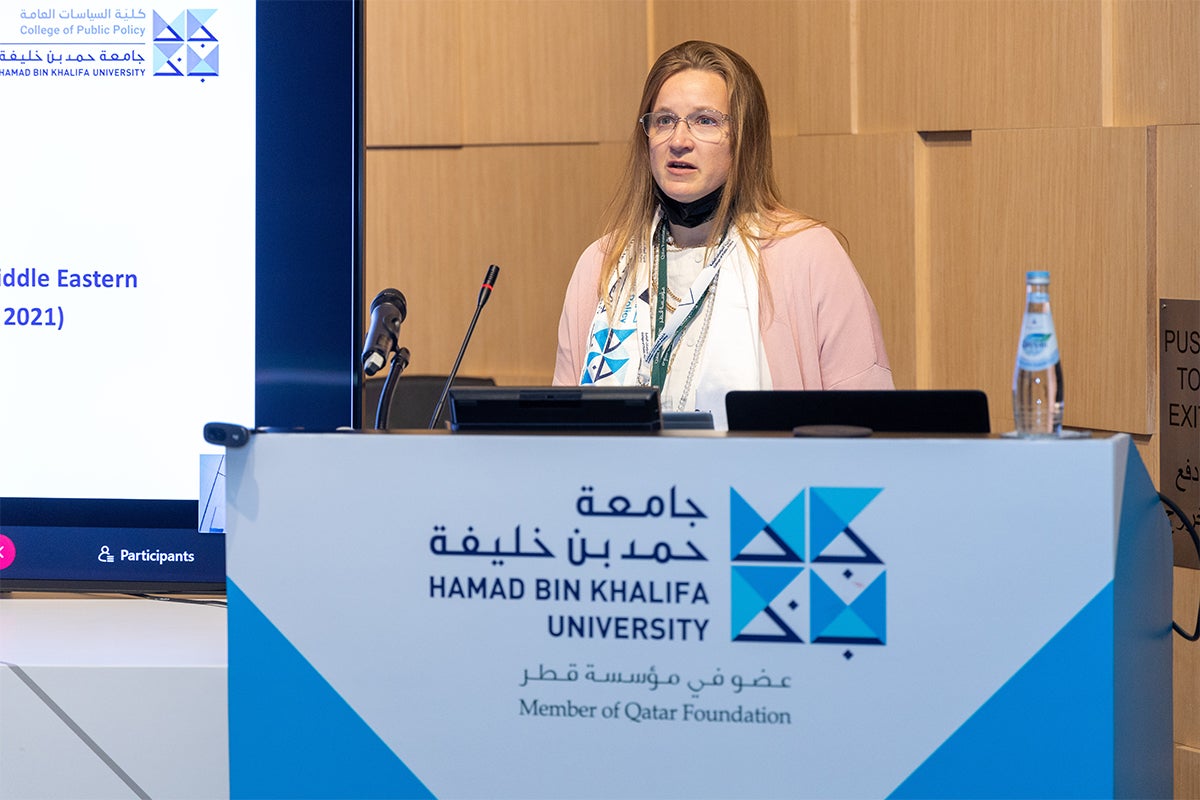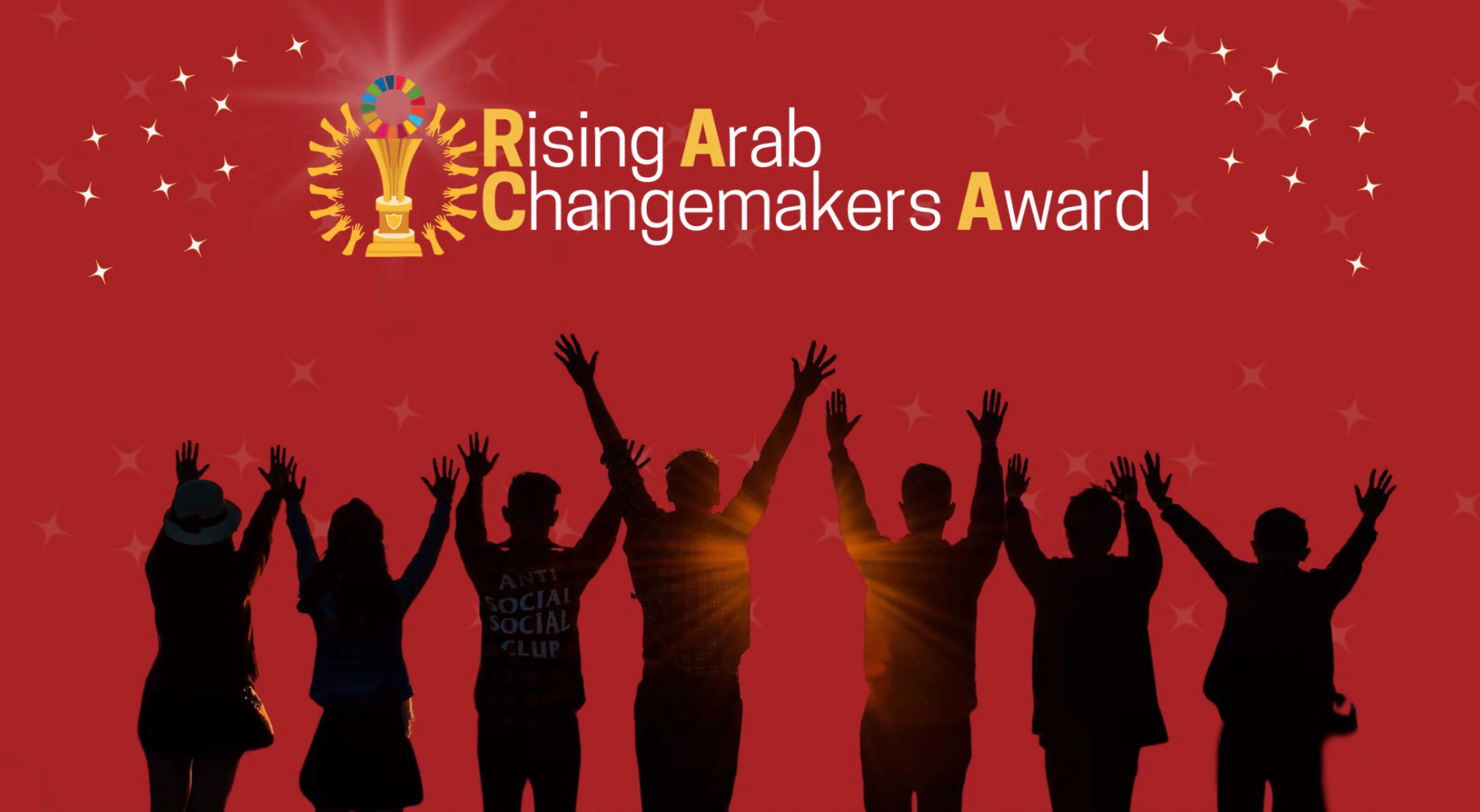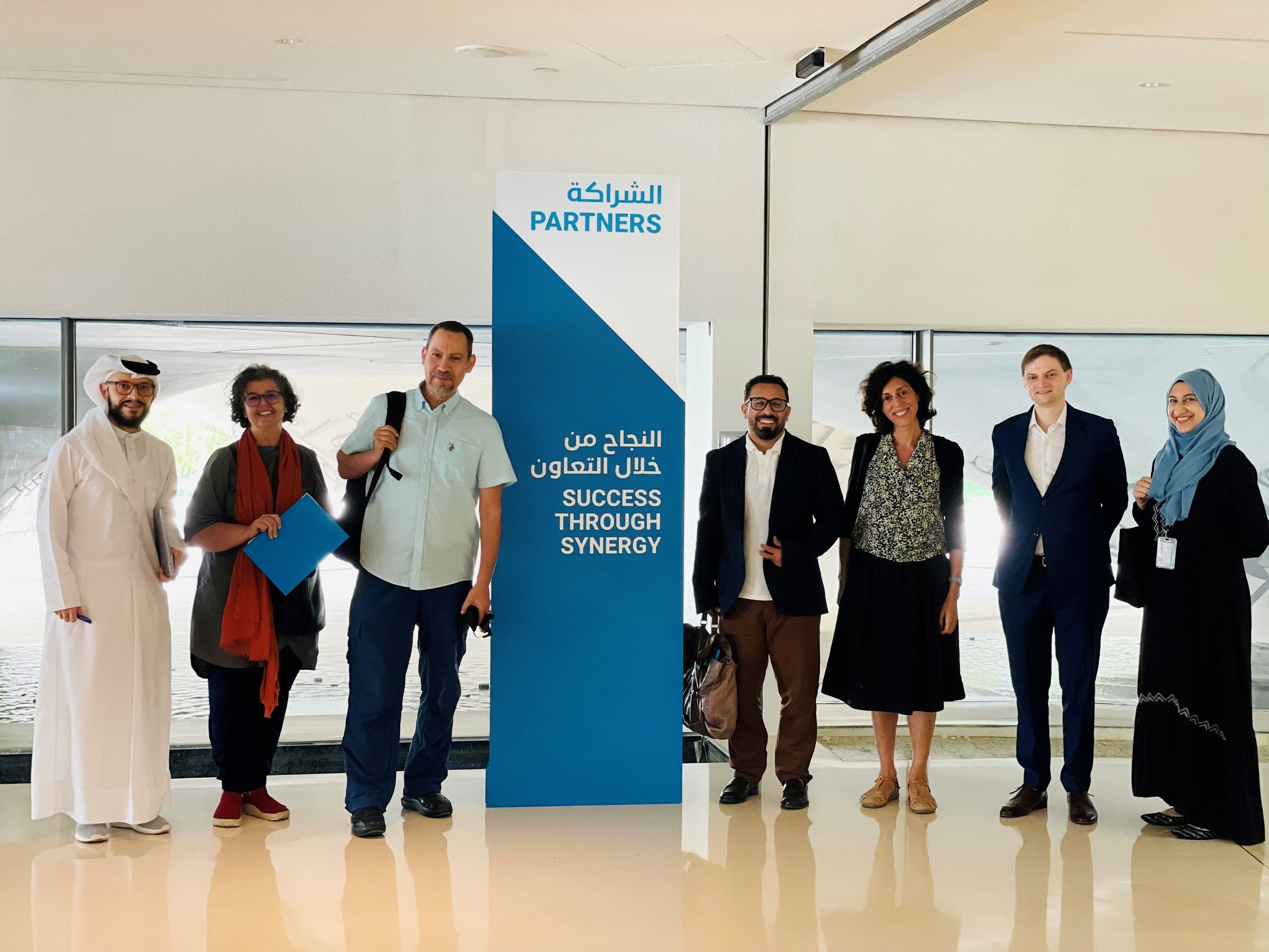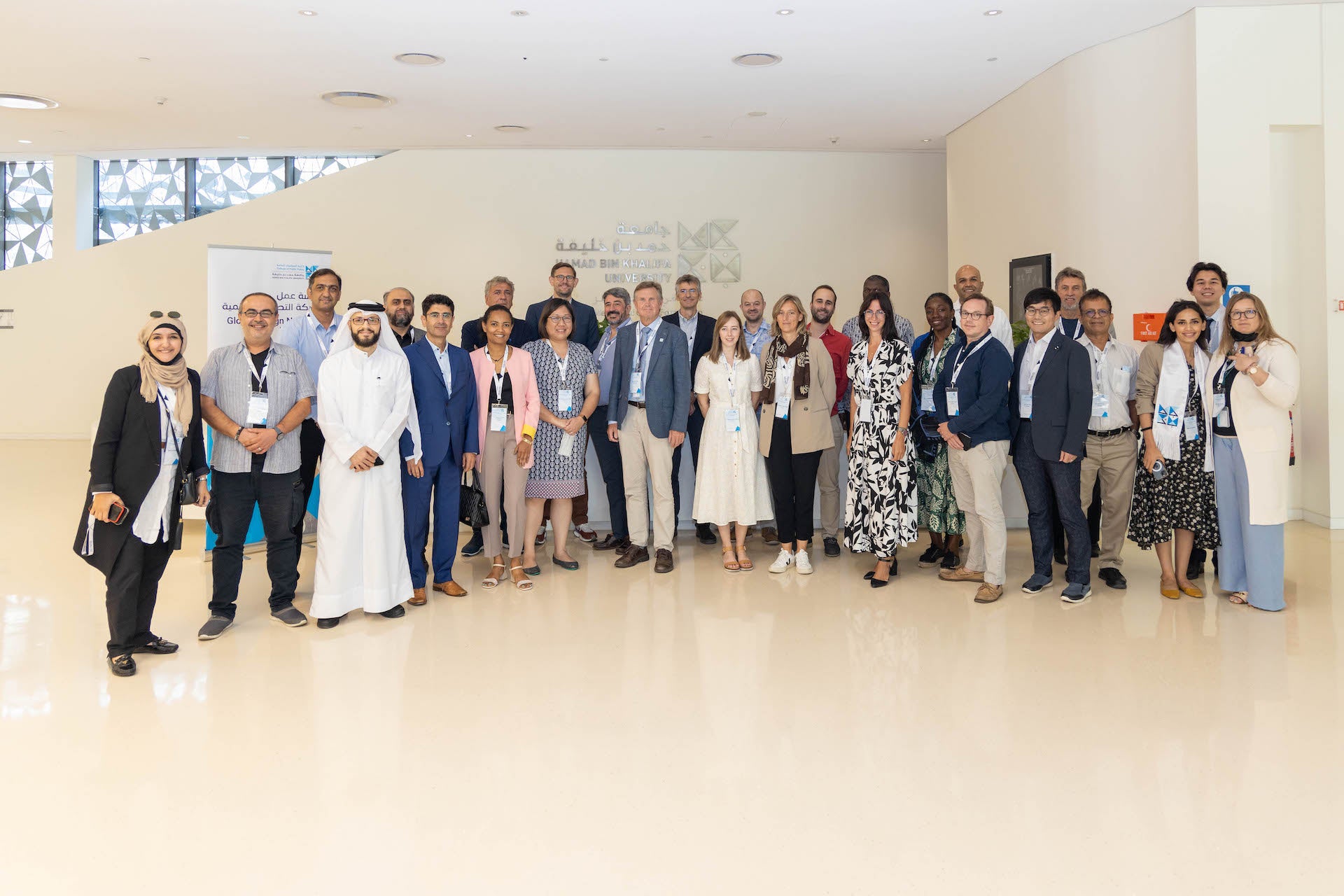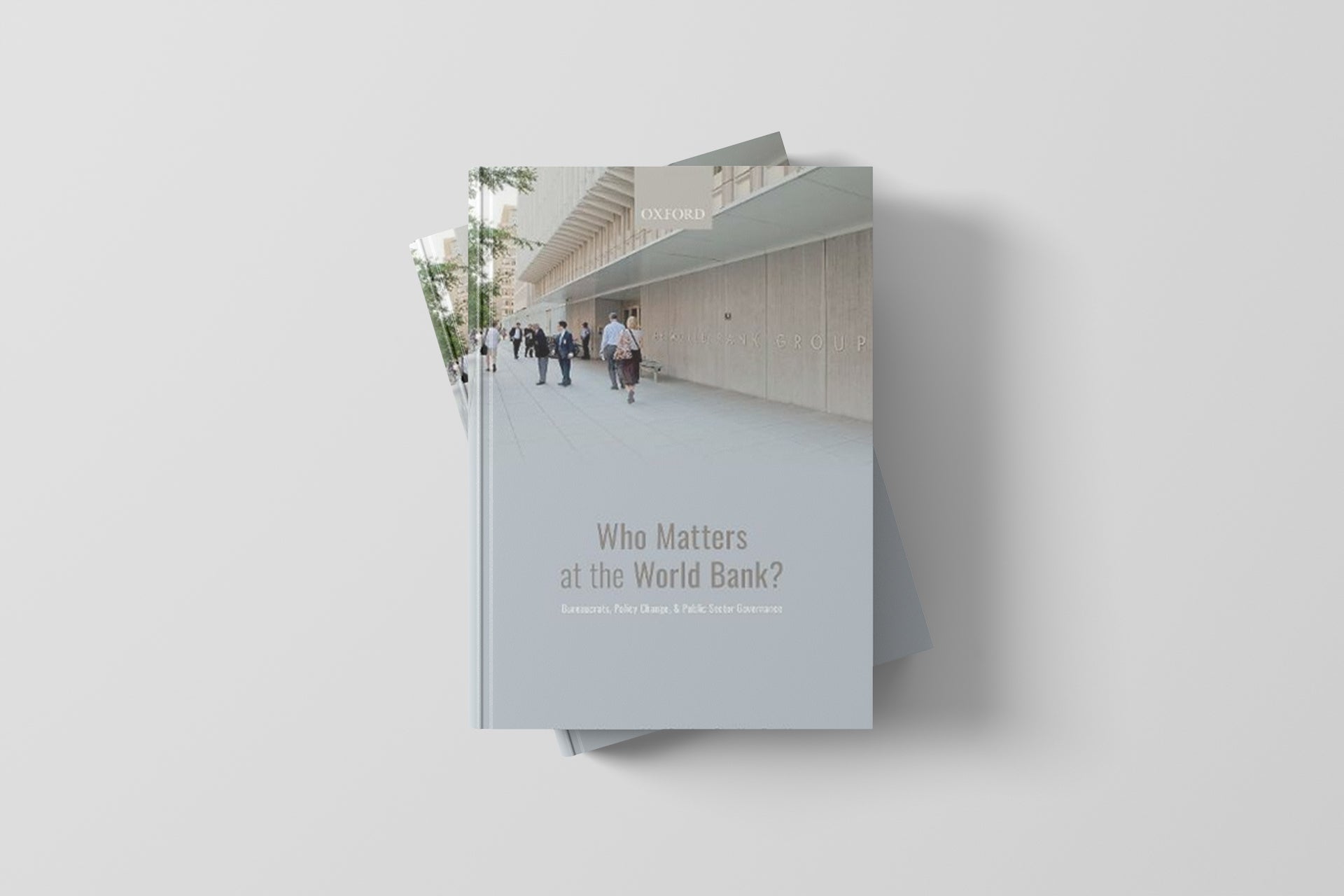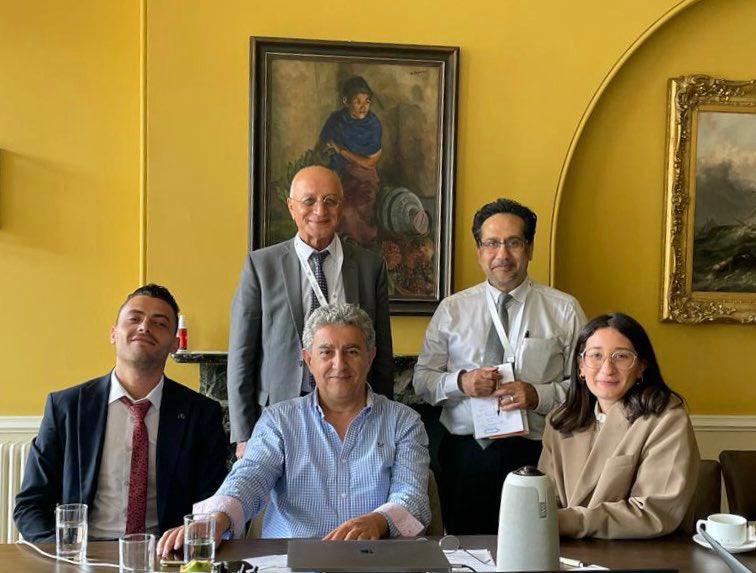Founding Dean, College of Public Policy (CPP), Hamad Bin Khalifa University
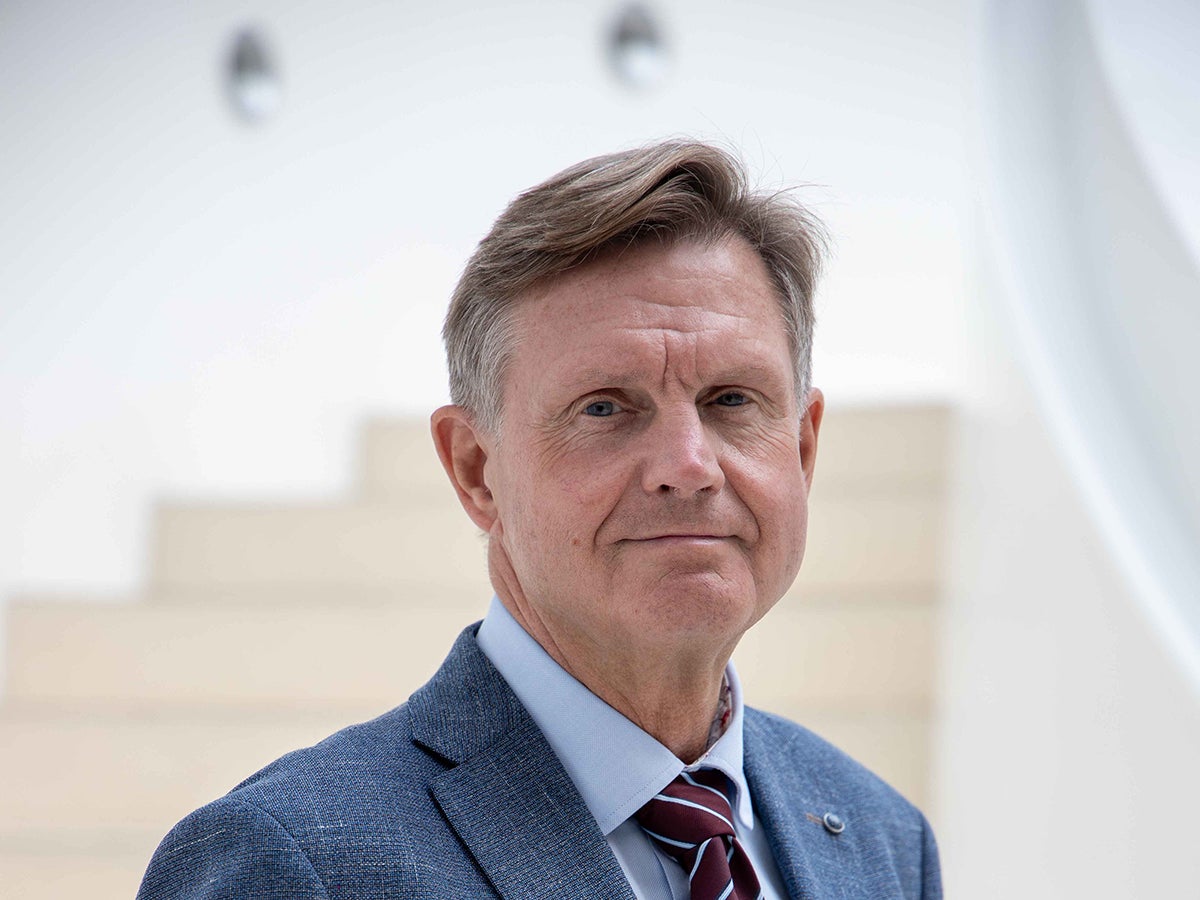
How important is it that students can finally return to the classroom and how has the college adapted during the pandemic?
Online teaching and learning can accomplish a lot, and in many circumstances is a useful and even indispensable channel for both professors and students. That said, particularly at the graduate level, it cannot be a long-term substitute for direct, in-class contact and discussion.
This is particularly true for the CPP, where we encourage engagement with the wider policy community. We were able to adapt during the pandemic, and I am proud of what we accomplished so quickly in trying to retain the quality of instruction and learning. In April 2020, we had to suddenly convert all our teaching online, and our professors and students responded admirably, and we all worked together to complete the spring 2020 semester. In fall/spring 2020-21 we had a little more time to plan and adapt to a full semester of online learning and were able to bring in speakers and visitors virtually, as well as holding workshops and other events online to bring that added learning dimension to our students, but it still lacked the immediacy and spontaneity of the in-class experience.
Despite the limitations of online, we learned a great deal about it as a tool. As we go back into the classroom, I know that faculty will be drawing on the experience gained in the past year and building on the best features of what online tools and supports can provide. So, I am confident that, as we go forward, the student in-class experience will be even better than pre-pandemic.
What are the main programs offered at your college and are there any that are unique or exclusive to the region?
The college’s flagship program is its Master of Public Policy (MPP). The college itself is new (launched in July 2019), and the MPP is our first program. The first cohort of students graduated in 2021, and we have had two successful admissions cycles since then, and the program has grown robustly. It is a two-year program and prepares graduates to work in the public and private sectors on public policy issues and challenges, from climate change to social protection.
While there are other MPPs in the region, ours has several distinct features. One is that our courses have a unique combination of global and local/regional lenses on policy issues that affect Qatar as well as other countries. Another is that after taking the core courses in the program, our students can specialize in either environmental policy or social policy. We support these specializations with specialization labs and advanced seminars on key topics in each field. A final distinctive feature of the program is that students complete their studies with a capstone project, done in small groups with a partner organization on a real policy issue or problem. This adds an invaluable practical dimension to the MPP.
HBKU is applying to launch a Master of Social Policy and Program Evaluation (MSPPE). It will be unique to the region, both with its combination of evaluation and social policy, and in the intensive training students receive in program evaluation. There is no other program like it in the country or the region, and it will equip graduates to work almost anywhere and for a range of public and private organizations, assessing and evaluating program impacts, with special expertise in social policy programming.
What role does your college play in addressing the country’s national challenges, and what is CPP’s focus area, especially in terms of research and social policy?
I’ll be brief here since CPP’s contributions to addressing national challenges are woven into work done across the HBKU colleges and QF as a whole. The university’s leadership and Her Excellency Sheikha Hind bint Hamad Al Thani, Chairperson of the HBKU Board of Trustees and Vice Chairperson and CEO of Qatar Foundation, have highlighted themes and initiatives (for example, sustainability and social progress) that draw on the unique advantages and capacities of all our institutions. CPP’s contribution is in providing a policy lens, connecting national challenges to global policy frameworks, and supporting capacity-building in government and civil society.




